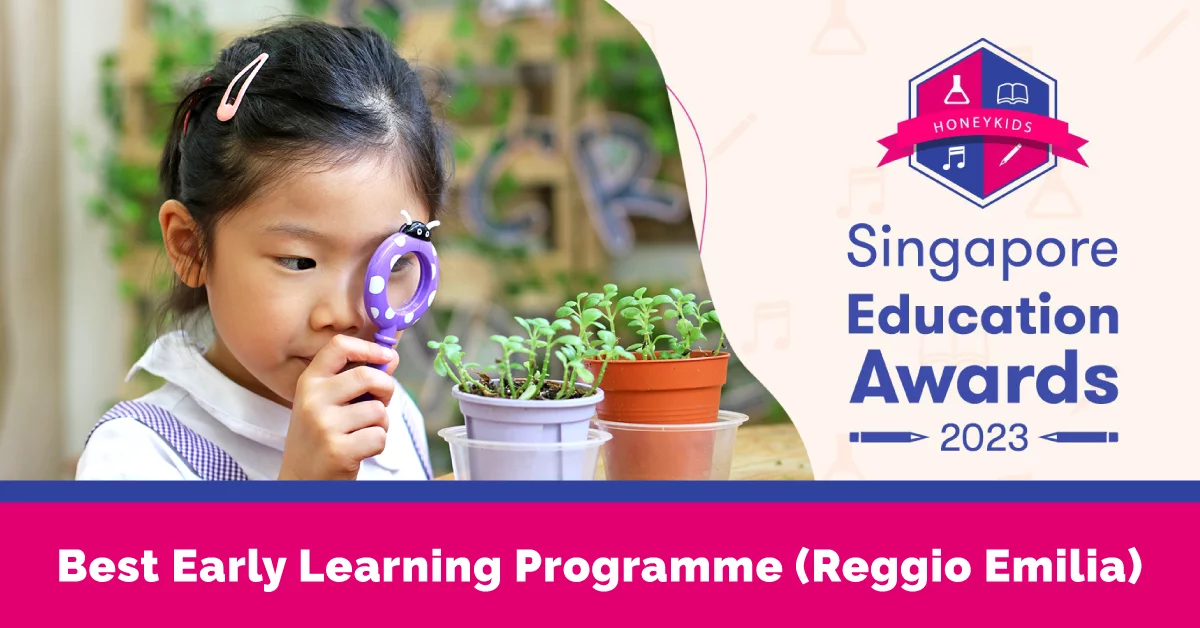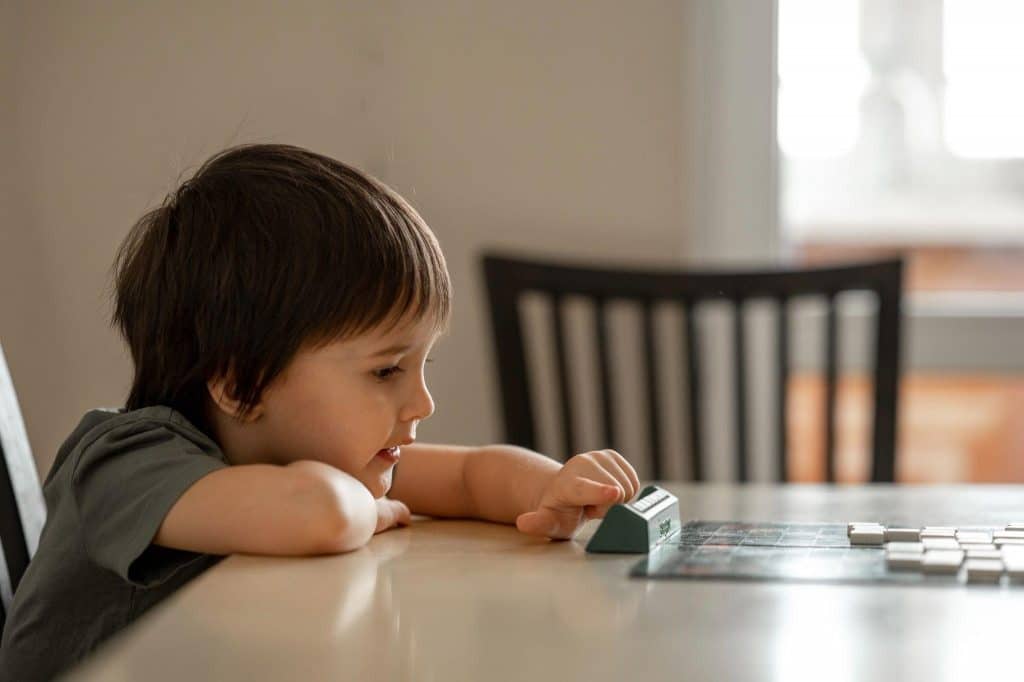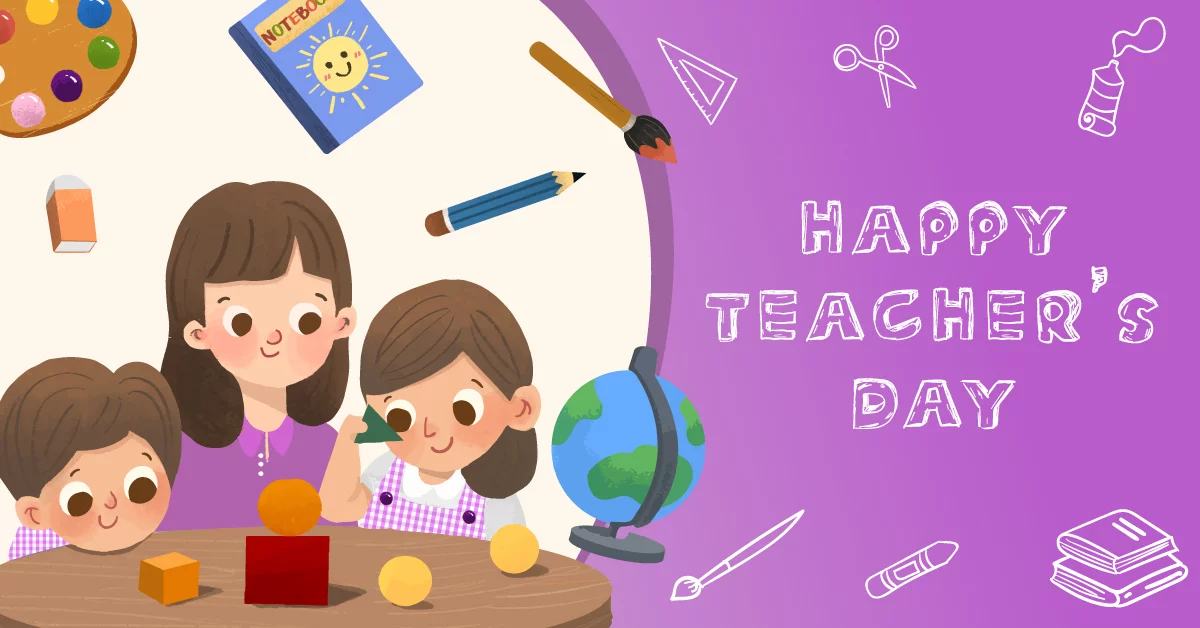
6 Literacy Activities for Your Toddlers
6 Literacy Activities for Your Toddlers
Toddlers are at the phase of life where they can sit still and listen to you talk, so this is a great time to introduce them to books. You don’t need anything fancy—just a book (or three), and your child’s attention span will make all the difference! Here are some fun literacy activities for toddlers:

Literacy Activities Are Lots of Fun for Toddlers and Can Help in Brain Development
Literacy is important in the early years, and parents have many ways to help their kids get a head start. Literacy activities are most fun when they’re interactive, so you can get down on your toddler’s level and do something with them that shows off your enthusiasm for learning—and theirs!
Reading aloud is a great way to introduce new vocabulary words and practise basic language skills like listening carefully and following directions.
1. Sing Songs and Read Books With Them
Singing is a great way to bond with your child and help them learn language. It also helps develop their auditory skills, which are important for learning how to read.
You can sing any song you like—their favourite nursery rhyme, a silly song about being hungry or being sleepy, whatever you want! The point here is just to make a happy noise together. If possible, sing along as well so that you are both enjoying the activity together. Read books on your own first (or while they’re sleeping), then share the experience by reading it aloud together afterwards (of course). Ask them what they thought of the book once it’s over—did they enjoy it? Did anything surprise them? Did anything confuse them? And finally ask if they recognised any words from before in this new book (pointing out each word as you go along).
2. Talk to Them About Everything You Do Together, Even if They Don’t Always Respond.

When you are doing an activity with your little one, talk to them about what you are doing every step of the way. For example, if you are putting on their shoes, tell them: “I’m putting on your shoe”. Once they have their shoe on, say: “The other shoe!” Be sure that even though they may not be responding well yet, continue talking in simple language and use lots of repetition so that they can hear the words and phrases over and over again.
3. Play With Colouring Books
The versatility of colouring books has made them a timeless source of entertainment, whether it’s adding colour to the jungle or outer space or practising the ABCs and 123s. They are the ideal addition to any travel bag because they work well both at home and while travelling. Children’s fine motor skills are developed through colouring. These abilities aid them in gaining the grip strength necessary to hold a pen securely, which helps them to write. Learning to write is a lot less intimidating for kids if they are comfortable holding and using a pen!
4. Play Word Games While You’re in the Car or Out Shopping Together
These games are a great way for your kids to practise reading and spelling words and sentences.

● Similar or Different
The ability to discern the differences between sounds, or sound awareness (auditory discrimination), can be developed through playing this game. It’s a crucial pre-reading ability. Ask your child if a pair of words they hear sounds alike or different.
Examples:
- Bear and beer
- Pear and pair
- Lemon and melon
● Would You Rather?
Asking your child to make a logical decision about what they would prefer to be or do will allow you to play a fun game of “Would you rather?”
Examples:
- Would you rather be a lion or a zebra?
- Would you rather be a chef or a firefighter?
5. Set up a Tent or Playhouse and Then Read Them a Story in It Together
While you are reading, help your toddler understand the story by pointing out things that are happening in the book and telling them what they mean. You can also use this time as an opportunity to develop your toddler’s imagination skills by asking questions about what might happen next or how things got there. You can also ask open-ended questions such as “What do you think would happen if…” which encourages an independent thought process.
6. Ask Your Toddler What They Want You To Read to Them

The activity is simple. Tell your toddler what you’d like them to read, then ask them to do so. They can be as silly or serious about their reading as they want.
Reading out loud is an essential skill for kids, and this activity helps build confidence in that area. It also helps with expressive speech development by giving toddlers the chance to practise saying words correctly (and getting positive feedback when they do it right), which in turn makes them feel good about themselves and boosts their self-esteem.
We had so much fun thinking up these literacy activities for your toddlers, and we can’t wait to see what you come up with too! It might seem like a lot of work at first glance, but it’s not—these are all simple activities that anyone can do with their little ones. So now’s the time to go ahead and try them out in your home!
Our methodical and progressive Literacy FunTM English programme improves English proficiency. By the time they are six years old, kids will have an expressive vocabulary of more than 4,500 words, thanks to contextual and experiential learning! The well-known Rigby Star Phonics programme teaches preschoolers the phonetic sounds of each alphabet and how these sounds are combined to form words.
Every parent understands how it feels to have their child do something seemingly “out of character” and wonder…where did he/she pick it up from? Or when you are doing household chores or preparing to go to work, and they picked that exact time on purpose to break something. It can be increasingly frustrating, and it would be easy for you to snap at them. This is how not to set an example.
Mulberry School Tour
Our Locations
Click here to visit our Contact Us page and view the preschool/infant care centres conveniently located near you.
CONNECT WITH US
USEFUL LINKS
About Us
Mulberry Learning prides itself on making the preschool experience both memorable and enjoyable while transforming a child into a competent explorer, an imaginative thinker, and a creative problem solver. Through our proprietary award-winning curriculum, unique Habits of Mind programme and dedicated staff who are passionate about imparting positive attitudes, Mulberry Learning holds strong in its promise to deliver a holistic education that nurtures the Future Ready Child.
A PREMIUM PRESCHOOL BRAND UNDER GLOBAL EDUHUB





